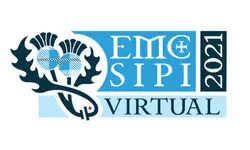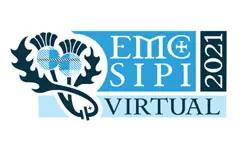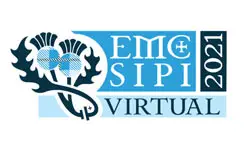Novel Methodology for Validating SIMPLIS based VR Models for Server Platform Power Delivery Prediction
Judy Amanor-Boadu, Hannah Homer, Daniel Mauricio Garcia Mora, Pavan Kumar, Tammie Bard
-
Members: FreeEMC
IEEE Members: $11.00
Non-members: $15.00Length: 00:19:17
10 Aug 2021
Voltage Regulators (VR) use non-linear features to mitigate large transient droops and overshoots, to enable high server processor performance. VR behavior due to non-linear features is complex, and can no longer be modeled using simple linear modeling methods. Accurately modeling VR behavior in conjunction with Power Delivery Networks (PDN) in server platforms is becoming a necessity to predict, optimize, explore, and identify performance impacts when changes are made to design parameters, such as processor current (Iccmax), decoupling capacitor solutions, and VR components. Inaccurate VR models can potentially lead to inaccurate predictions which in turn lead to increased design time, board spins, and either performance degradation or oversized and costly decoupling capacitor solutions. Thus, it is imperative to be confident in determining whether a VR model is accurate before it is used for design and prediction purposes. This paper presents a detailed methodology to validate and qualify VR models to be able to accurately model the VR behavior even after changes are made to the design parameters. The method can be used along with various platform PDNs ranging from a complex processor network to a simple Point of Load (POL) VR. The methodology pioneered in this paper has been successfully applied to qualify over 20 VR models, ensuring correlation between experimental measurements and simulations using SIMulation of Piecewise LInear Systems (SIMPLIS) circuit simulator. Correlation results are presented from four case studies to demonstrate the effectiveness of the proposed methodology.


